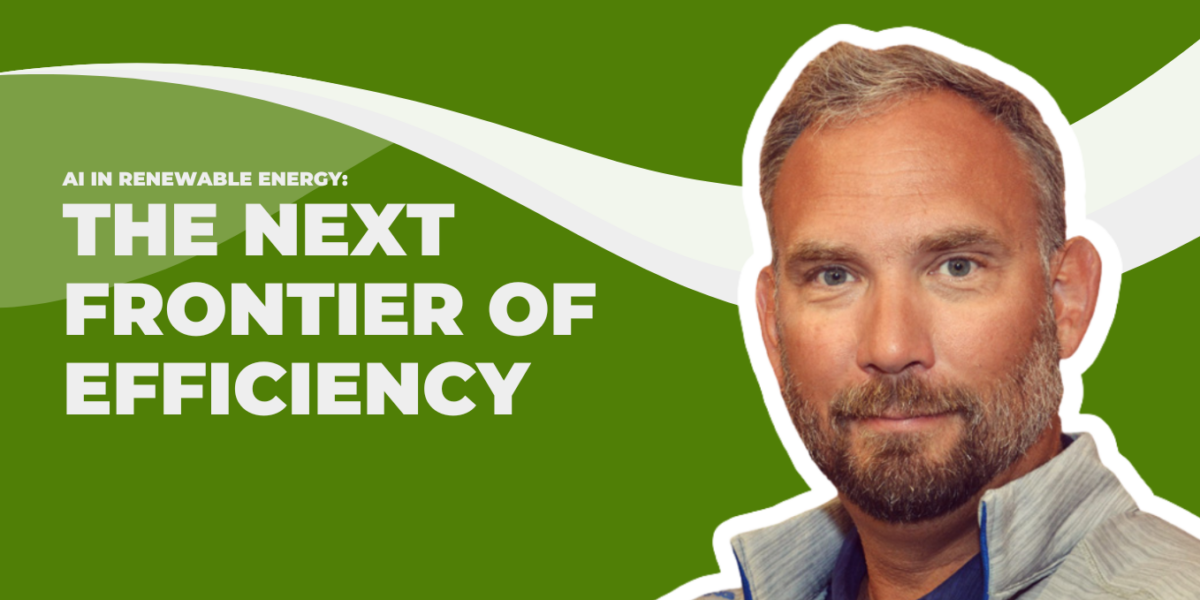Subrina Shawlin, Product Manager at PowerHub shares insights from the CCSA Community Solar Innovation Summit: the future of distributed grids and community solar.
Summary:
At the CCSA Community Solar Innovation Summit, PowerHub explored the future of distributed grids, emphasizing the adoption of microgrids and energy storage for enhanced grid efficiency and resilience. Key discussions included overcoming regulatory challenges to support community solar projects and ensuring equitable energy access for lower and medium-income households. The event highlighted the critical role of data transparency, Renewable Energy Certificates (RECs), and tax incentives in driving the growth of community solar initiatives.
Deep Dive:
PowerHub recently attended the Coalition for Community Solar Access (CCSA)’s annual Community Solar Innovation Summit in Denver, CO, held on June 13-14, 2024. This event brought together industry leaders and experts to discuss the future of distributed grids, regulatory challenges, and the vital role of community solar in achieving a sustainable energy future.
Future of the Distributed Grid
The conference highlighted the importance of advanced technologies in enhancing the efficiency of the distributed grid. A significant focus was on the adoption of microgrids, which are becoming essential for future energy systems. Energy storage integration will also play a crucial role in enabling resiliency and flexibility for grid operations.
Regulatory Challenges
A recurring theme was the regulatory hurdles facing the implementation of distributed energy resources (DER), including community solar (CS). Utilities expressed concerns about the reliability and financial impact of a distributed grid, noting that DERs can reduce utility profits while increasing operational demands.
To address these issues, there is a pressing need for a regulatory framework that supports microgrid and storage integration. Educating regulators and utility staff about the benefits of new technologies in improving grid reliability and efficiency is crucial. Additionally, policies must incorporate and adequately compensate for storage deployments to ensure a stable transition.
Community Solar (CS)
Community solar projects are a powerful tool for increasing community engagement and providing energy access to lower and medium-income (LMI) groups. Despite their potential, current policies are not sufficiently supportive, creating a need for stronger advocacy and customer demand for community solar implementation.
These projects can significantly alleviate energy burdens and are essential for moving towards a 100% green energy grid. However, standardized program designs and policies across states are lacking. Effective strategies to engage LMI populations in community solar projects must be explored and implemented to ensure equitable access to clean energy.
Solar for All
The Solar for All program is a nationwide initiative aimed at expanding affordable solar energy access, particularly for LMI households. Participants in this program can see significant reductions in their energy bills, with a minimum of 20% savings. By supporting the development of community solar projects, the program ensures that the transition to renewable energy is inclusive, providing equal opportunities for all households to benefit from solar energy.
Data Transparency
The summit addressed the critical need for data transparency from utilities to validate the reliability and viability of CS sites. Enhanced data sharing and education on grid and utility functions are necessary to promote CS development. Sharing success stories and best practices across the industry can help drive community solar adoption in states that have yet to implement such programs.
RECs and Tax Incentives
Renewable Energy Certificates (RECs) and tax equity investments were discussed as significant financing mechanisms for community solar projects. Combining REC purchases with tax equity investments can lead to higher returns on equity, making these projects more financially viable. Forward sales of RECs, typically spanning 3 to 7 years, are used in financial models to secure upfront capital and enhance project stability. This integrated approach can tap into a larger pool of capital, facilitating the expansion of community solar and other renewable initiatives.
Thoughts
As the expansion of affordable solar continues, PowerHub remains committed to providing the tools and solutions needed to manage and optimize renewable energy assets effectively. Our Community Solar Tool streamlines project management tasks such as invoicing, subscriber management, analytics, and user experience enhancements—making all of these features accessible from a centralized platform.
If you’re interested in a more personalized experience, you can request a demo to see PowerHub’s Community Solar invoicing and subscriber management capabilities in action. The PowerHub team is always there to guide you, answer any questions, and show you just how easy it is to use their platform.
With PowerHub, managing Community Solar projects has never been easier.




